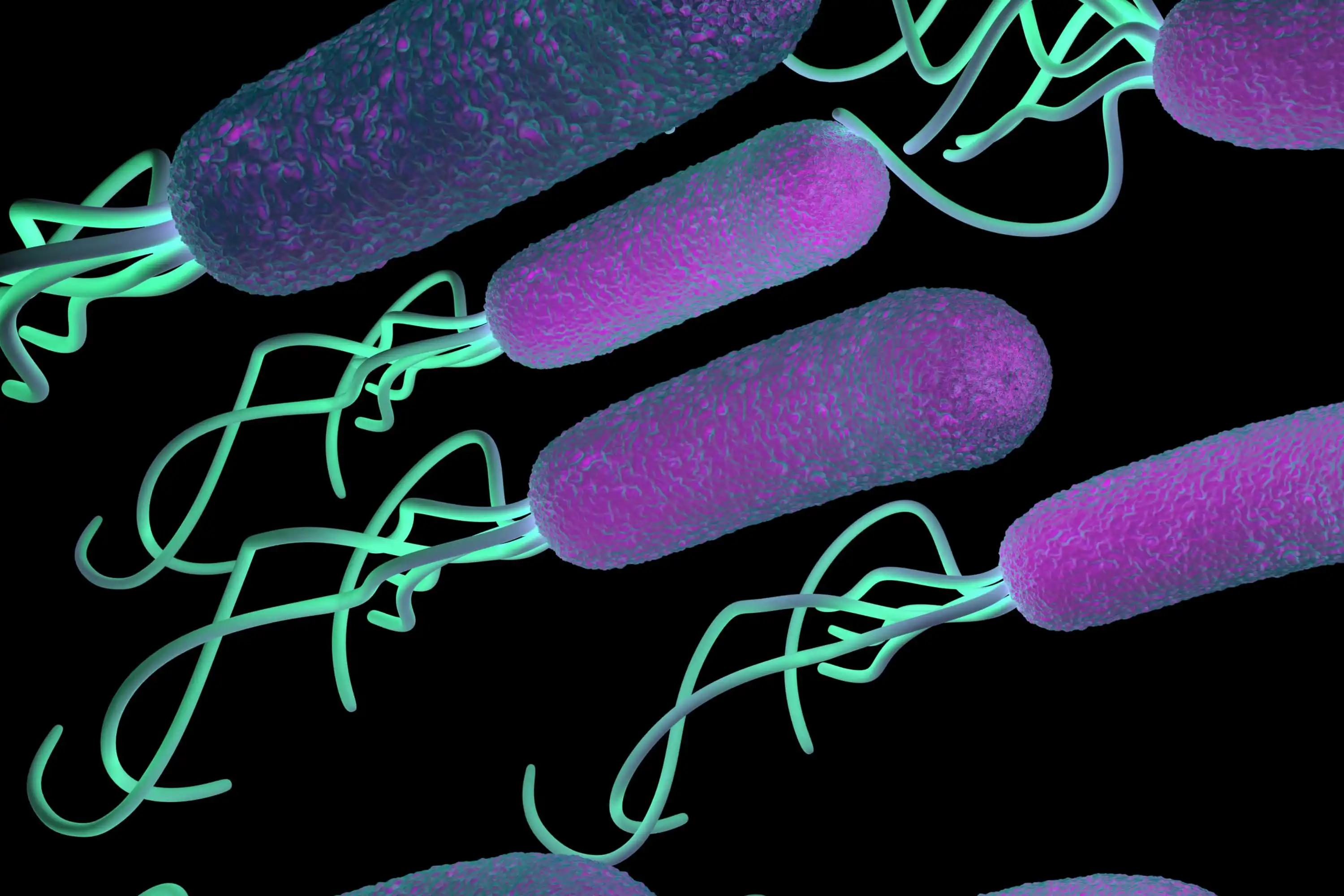KEY TAKEAWAYS
- The phase II trial aimed to evaluate the efficacy of len plus pem in ICI-naïve advanced gastric cancer pts.
- The primary endpoint was to determine the ORR. Secondary endpoints included safety, tolerability, PFS, and OS.
- The study found that len + pem was well tolerated but did not improve outcomes in ICI-naive AGC. More studies are needed to determine its role in ICI-exposed pts.
Immune checkpoint inhibitor(ICI) therapy is effective for some advanced gastric cancer(AGC) patients(pts) and is now approved in 1st line combination with chemotherapy. Preclinical studies suggest that VEGF, which promotes angiogenesis, can also affect the anti-tumor immune response.
Researchers aimed to evaluate the efficacy of lenvatinib(len) plus pembrolizumab(pem) in ICI-naïve advanced gastric cancer pts.
The study enrolled advanced gastric or gastroesophageal junction adenocarcinoma pts, regardless of their PD-L1 status, as long as they had measurable disease per RECIST 1.1, an ECOG performance status of ≤1, and had experienced disease progression after at least one prior regimen, with no prior use of ICI. Pts began with a week of len 20 mg orally daily, followed by combination therapy with pem 200 mg intravenously every 3 weeks from day 8. Treatment continued until disease progression or intolerance, with imaging done every 6 weeks for the first 12 weeks, then every 9 weeks.
The primary endpoint was to determine the objective response rate (ORR) with a target of 29 pts using a specific statistical design. The study would be considered positive if at least 6 pts responded objectively. Secondary endpoints assessed safety, tolerability, progression-free survival (PFS), and overall survival (OS).
During this study, ICI received first-line approval, leading to the premature suspension of enrollment in July 2022 with 24 out of 29 planned pts. All enrolled pts were included in the safety analysis. Of these, all had proficient mismatch repair, and 15 pts (62.5%) were CPS positive (≥ 1), with missing data for one patient. About 19 pts who completed at least 2 cycles were evaluated for response, with 15 in the second line and 4 in the third line. Of 15 pts (21%) had a partial response, including one with CPS=0 and one with CPS=1. The median PFS and OS for the entire group were 12.9 and 21.4 weeks, respectively. The combination treatment was generally well-tolerated without new safety concerns. Dose reductions were necessary for 3 (13%) pts, and overall compliance with len was at 79% of the planned doses throughout the study. About 11 (46%) pts experienced at least one Grade 3 (G3) toxicity, and one (4%) patient had a Grade 4 (G4) toxicity. The most common G3 toxicities included fatigue (27%), anorexia (18%), lymphopenia (18%), and hyperbilirubinemia (18%).
The study found that len + pem was well tolerated but did not improve outcomes in ICI-naïve AGC. More studies are needed to determine its role in ICI-exposed pts.
Source: https://ascopubs.org/doi/abs/10.1200/JCO.2023.41.16_suppl.4042
Clinical Trial: https://www.clinicaltrials.gov/study/NCT03321630
Deirdre Jill Cohen, Jonathan W Lee, Daniel Jacob Becker, Despina Siolas, Nina Beri, Theresa Ryan, Peter Kozuch, Shun Yu, Benjamin A. Levinson, Judith D. Goldberg, Lawrence P. Leichman, and Paul Eliezer Oberstein. DOI: 10.1200/JCO.2023.41.16_suppl.4042 Journal of Clinical Oncology 41, no. 16_suppl (June 01, 2023) 4042-4042.



